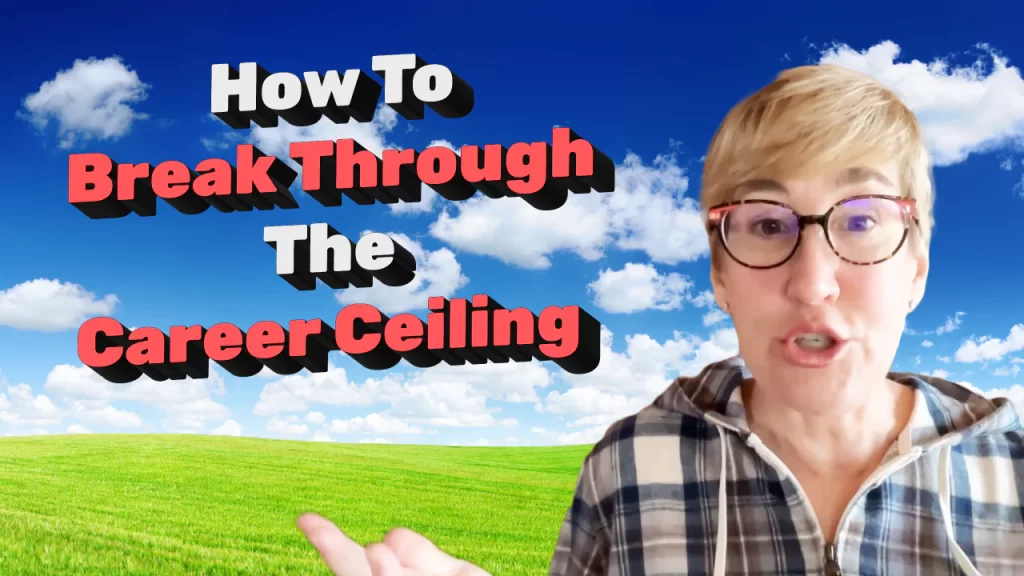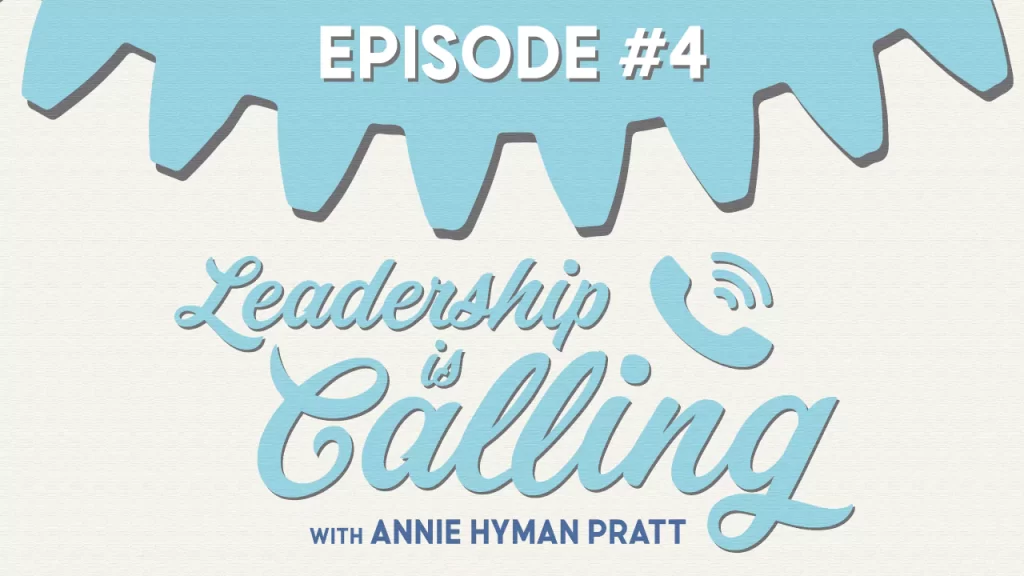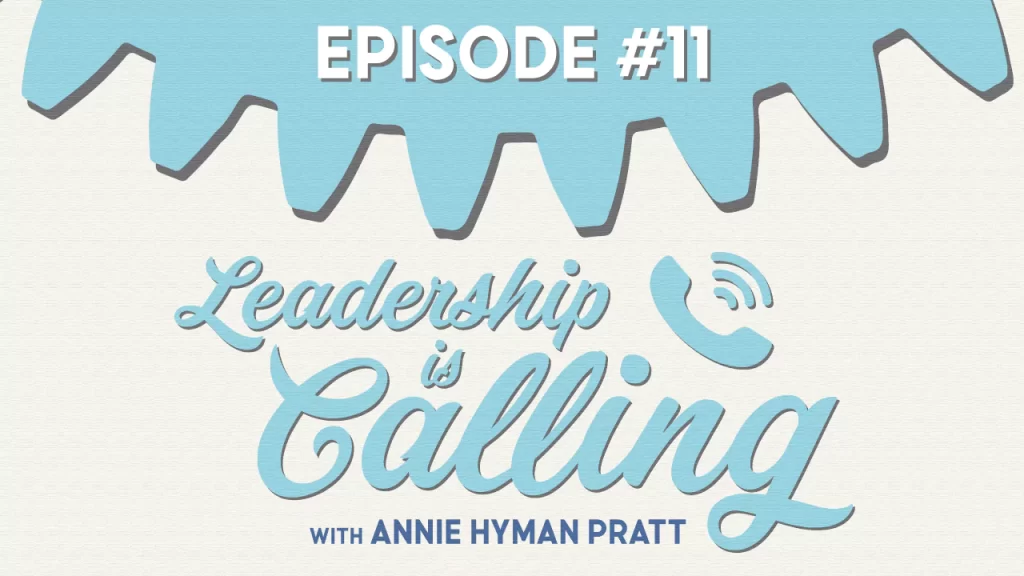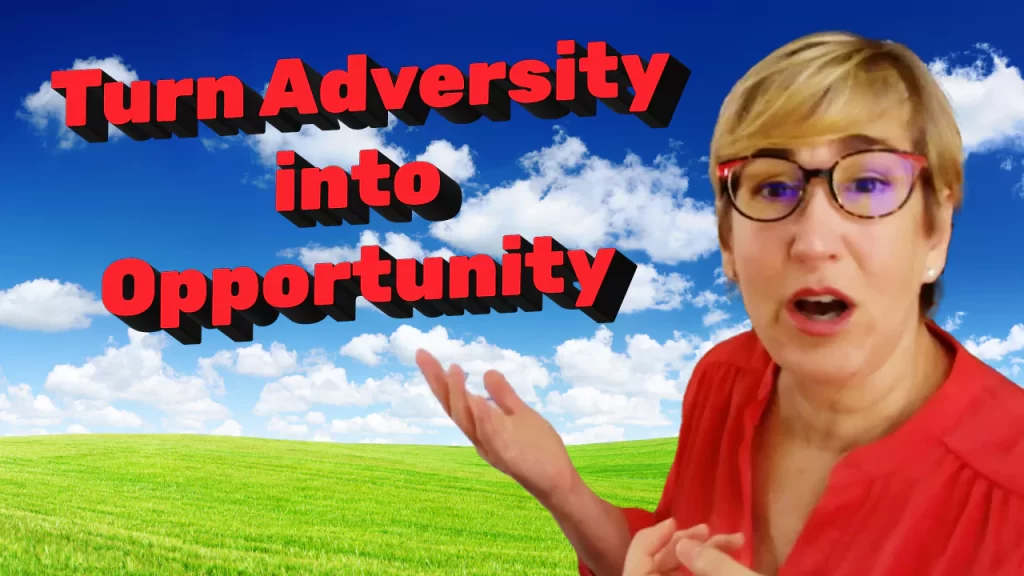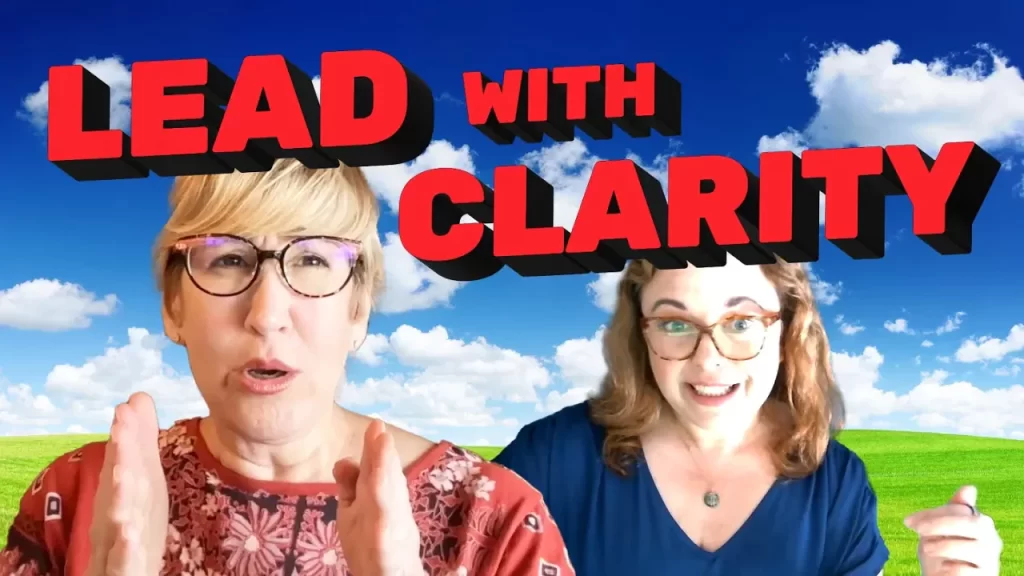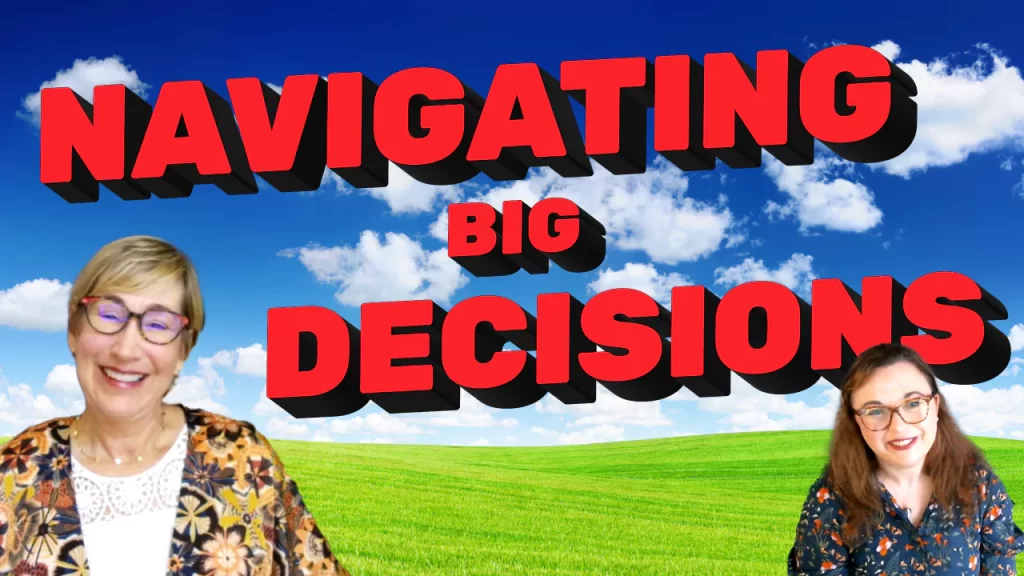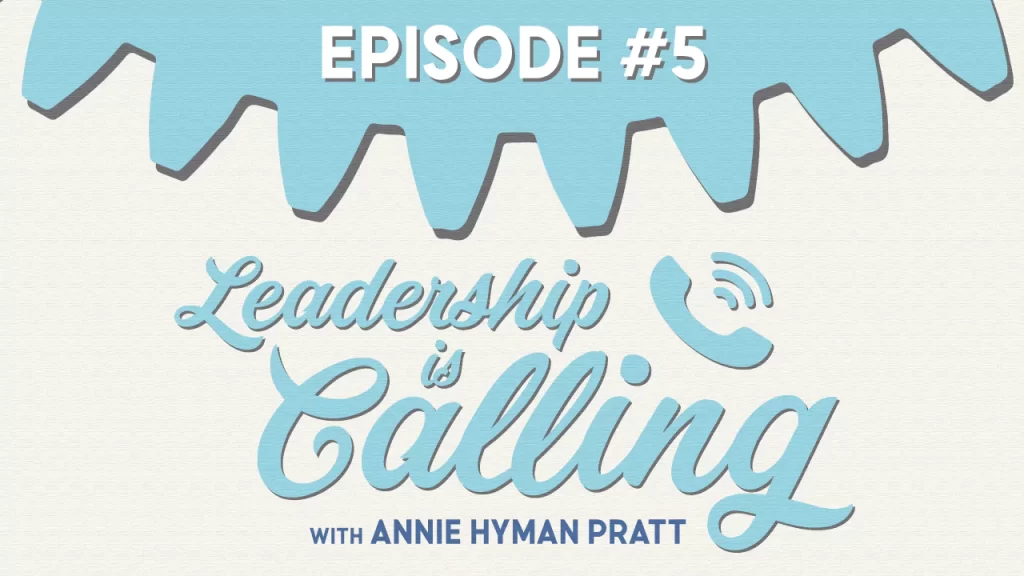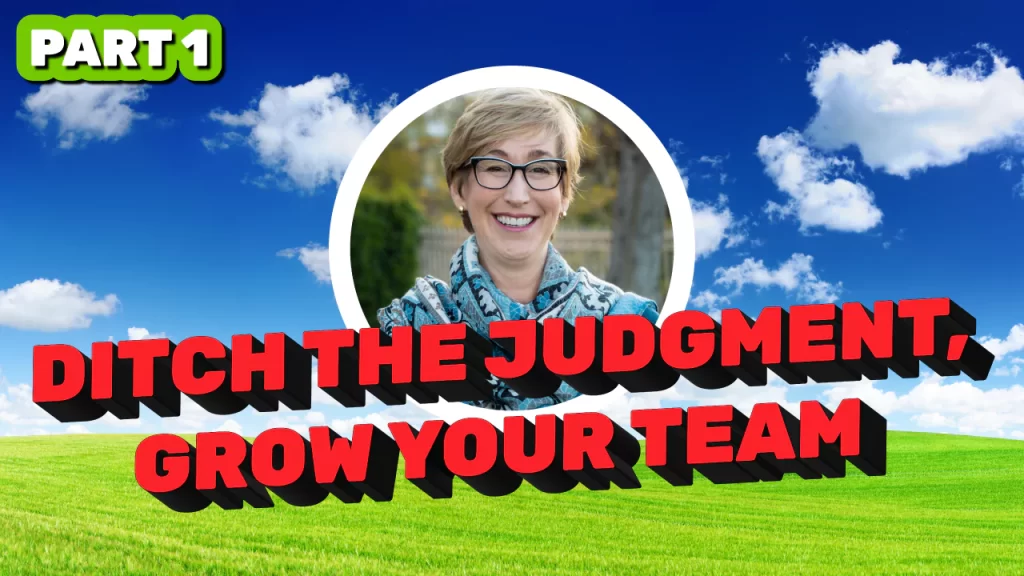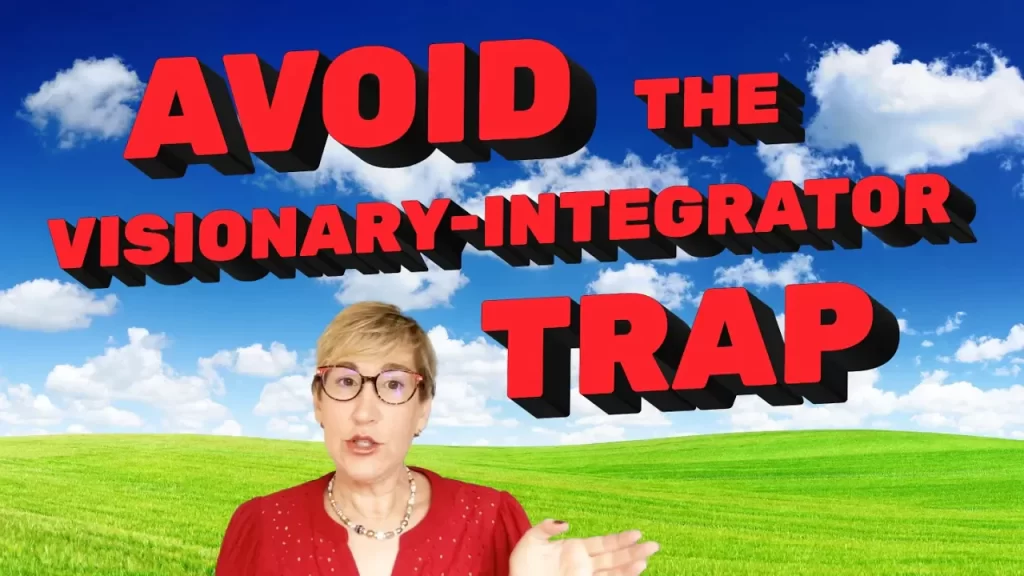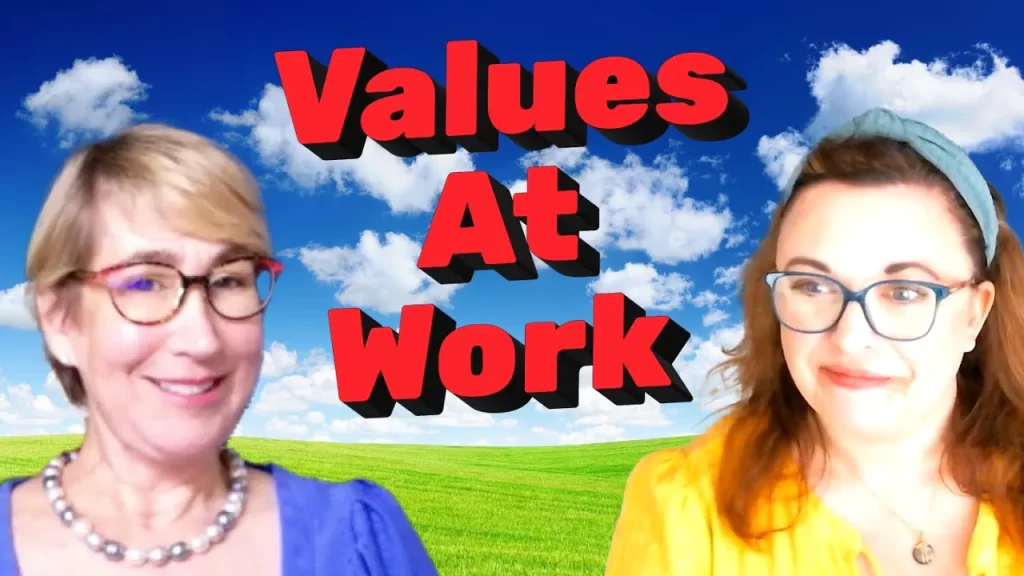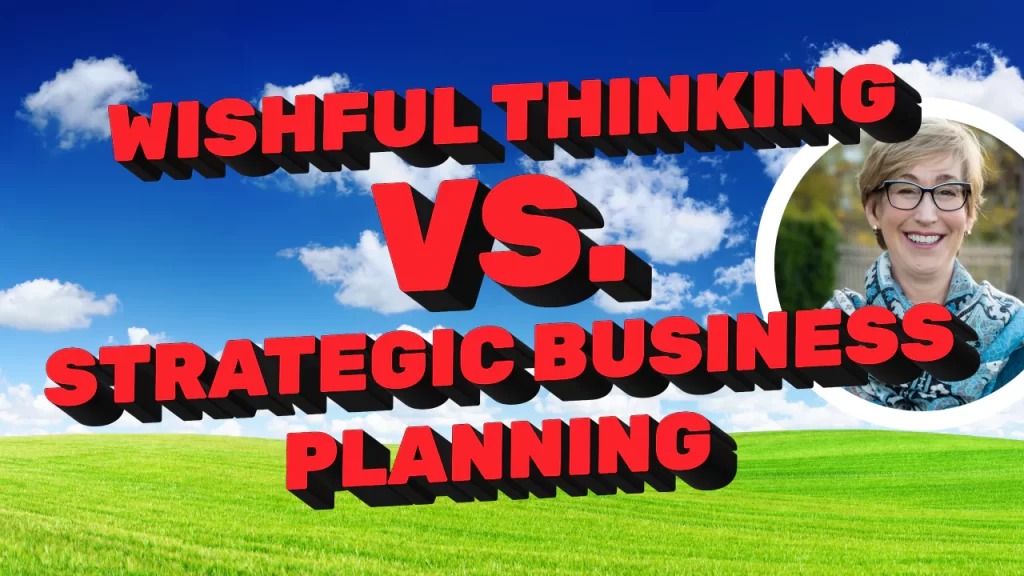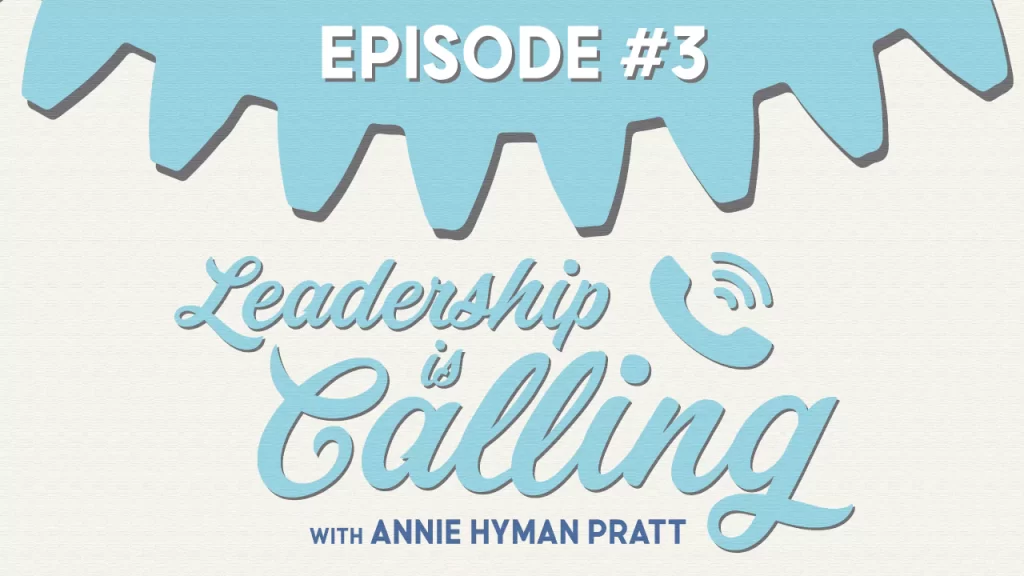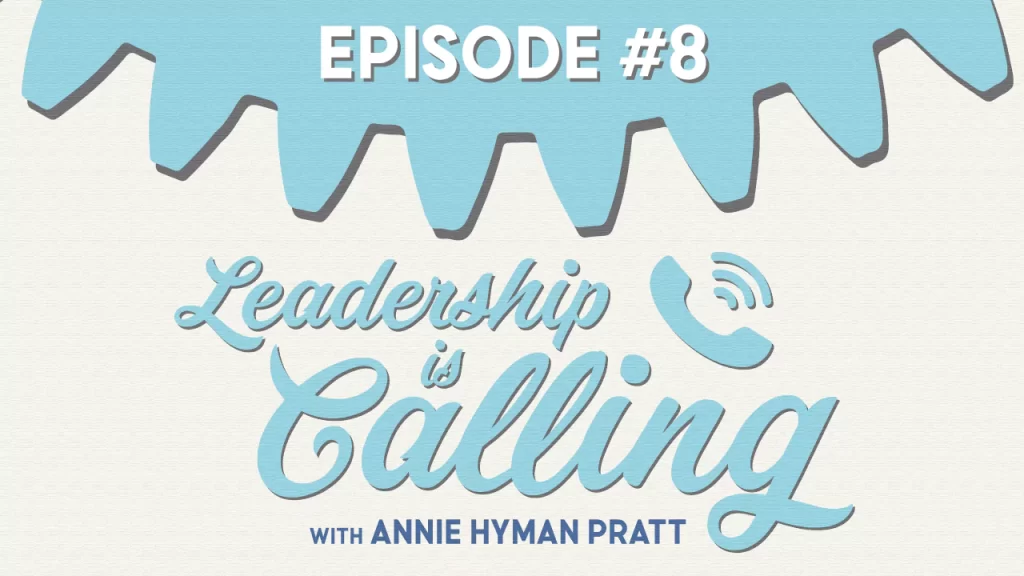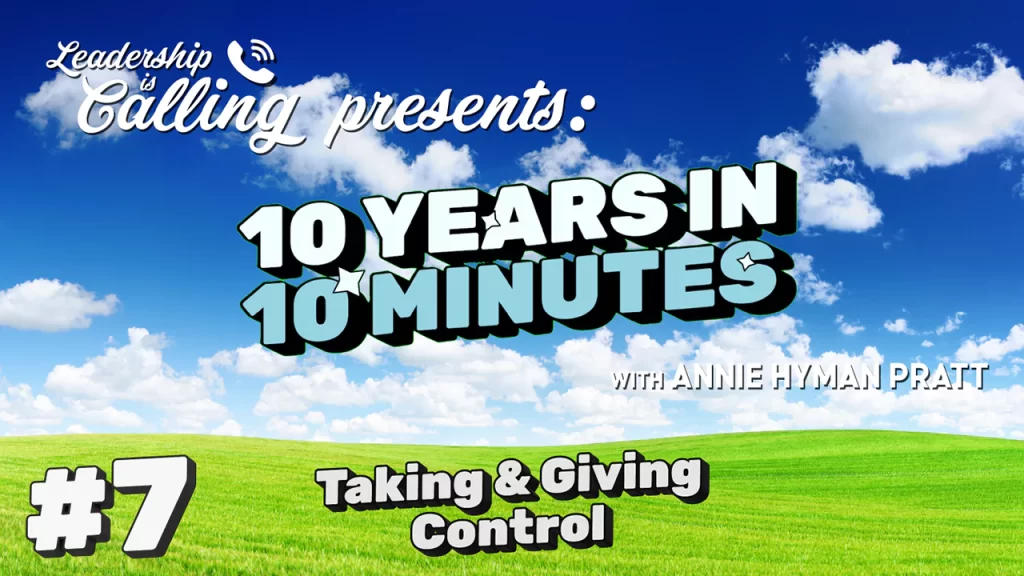Episode #48: Leadership Line vs. Goal Line: The Secret to Unlocking True Success
Leadership is Calling Episode #48
Annie Hyman Pratt
- Description
- Transcript
Episode #48: Leadership Line vs. Goal Line: The Secret to Unlocking True Success
“There will never be enough outcomes, enough success to totally fulfill me on the goal line.” -Annie Hyman Pratt
Are you tired of setting goals that fizzle out before completion? Do you ever feel like achieving your goals comes at the cost of your well-being? In this video, Annie takes you on a journey beyond traditional goal setting and introduces the groundbreaking concept of the “Leadership Line.” Discover how focusing on your who – your values, ambitions, and how you want to experience life – can set you up for lasting success, both personally and professionally.
Most goal-setting focuses solely on outcomes. But real success comes from anchoring goals in your values on the “leadership line” – who you want to be and what fulfills you. This creates meaning beyond just achieving outcomes on the “goal line.”
Get curious and explore a framework for goal-setting that goes beyond just chasing outcomes. Anchor your goals and vision for the future in your core values.
Key Points
- Goals shouldn’t just be about outcomes on the “goal line”
- The “leadership line” represents your values and who you want to be
- Anchor goals in your core values and sense of purpose
- This creates meaning and fulfillment beyond just achieving outcomes
Related Resources
Leadership Skills: Compassionate leadership
Leadership Development Articles: How to Define Company Goals | THEME OF SELF-COMPASSION and PROGRESS as a Business Leader
Downloadable Leadership Tool: The Secret Recipe to Reverse Burnout and build Emotional Endurance for You and Your Team
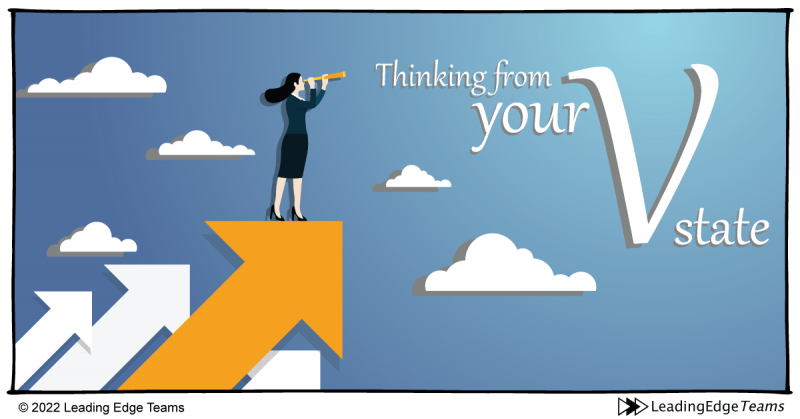
Auto-Generated Transcript – unedited version
Episode #48: Leadership Line vs. Goal Line: The Secret to Unlocking True Success
It’s Annie here. And it is the beginning of the year. It’s the time where lots of clients and people are asking me about how we, you know, define what we want to do this year. How do we set our goals? How do we kind of, you know, figure out how we’re going to be successful? How do we turn our vision into reality? This, I think, comes up a lot at the beginning of the year, not just for business, not just business goals, but also for your own goals. Like, how do you really define success? And I have some things to say about that.
So I’m going to first bring up my board because I think that the way most people think about goal setting and their vision for the future is pretty one dimensional. And that is the way I tend to think about it, is they think about it in terms of like the physical reality of things like, you know, this is the goal line. What do I really want to achieve this year? And those can be things like I want to achieve better health, I want to achieve more revenue in my business. I want to achieve more profits. I want to achieve better outcomes for my clients. As you know, I want to get a promotion in my role. There’s all kinds of things in physical reality that we as human beings, you know, we’re we’re ambitious. We want to achieve things in the future. And these are things that are on the goal line.
The thing is, is that life even in business, but our lives as individuals are not just one dimensional on the goal line. For me, it took me quite a long time to learn this, like it took me some decades and having to get a masters in spiritual psychology to kind of finally understand that my well-being, how I am inside myself, my well being is not here. How I’m feeling about things is not on this goal line. There will never be enough outcomes, enough success here to fulfill me on this goal line. Instead, we have a second line that we call the Leadership Line. Also, very much think of it as the learning line or the inner soul line.
So this is another way to say it is the Be line. You know, like who we want to be. How do I really want to show up? What do I want to experience? Right? And that is on this line, this leadership line. So when we’re thinking about goals this is the super important part. Most people go straight to what I want to achieve this year and what we need to do so well, either simultaneously or I think of it as even first is really talking about who do we want to be this year? What do we want to contribute to the world? What do we want to experience? What? What kinds of things do I want to provide myself if in my family and my business and my friends? Another way of saying it is what kind of values do I want to really be living? Right. What is going to be my internal state? The thing that I am proud of inside of me about who I am is not on this goal line. It’s like, who do I want to be regardless of how the goal line turns out? Okay.
So for me, these are things like I want to bring much more compassion to my clients, my relationships, my family, so that the people that are with me and that work with me can experience more compassion and joy and gratitude in their lives. Right. And I want that for myself, too. I want to live a life full of compassion and gratitude. That’s my internal state. You know what else: The other kinds of things I want to contribute to the world. I am on this leadership line, I am very much a lifelong learner. I love learning new things, thinking up new models, making things easier to understand for my clients. Like, that’s a big value of mine. As to, you know, two things I want to provide is to clarify what the heck is really going on here in this business world and the human world and how to bring them together effectively, because this is not easy. Okay.
So these are the kinds of things that I really am going for all the time in my life. Not that I can achieve it every day, because certainly there are some days where I’m not feeling gratitude and compassion. There are days where, you know, I can have situations that go badly on this goal line, you know, that go in a direction that I didn’t want them to go. And that can bring up some feelings of blame, judgment, and criticism. Often self-criticism. But again, my anchor is up here. And so what I’m experiencing is something like self-blame. I can quickly go to a place of compassion and remember that business is hard. Life is hard. You know, I forgot who called it the whole catastrophe. You know, ambitious people. We tend to have lives that have, like, you know, the whole catastrophe. I’ve got a blended family of four kids and a business and a and a and a mom who’s not that well and who’s living with us. We got four dogs and like, gosh, it’s just, you know, it’s full and and for sure, things in life don’t always go positively on the goal line. That’s like it’s not even an option. Okay. Not to say that we don’t have goals. So and not to say that we won’t experience some really hard times where, you know, where we aren’t able to kind of hold our values, demonstrate our values, and how we show up. But we can know that our anchor point is in this quadrant. It’s in this quadrant. Okay.
So the first thing we really want to define is who you know, who do I want to be? That really is the first thing that’s all about this leadership line. Who do I want to be? And the second thing, after we get a bit about this, then the second thing is, what do I want to achieve? If we don’t start with this, who do I want to be? This part gets to be how to say an unrealistic wish list. This can turn into a list of lottery items. You know, I want my business to triple. I want you to know, I want my kids to, you know, come home a bunch of times and tell me how great I am as a mom this year. I want all kinds of things. You know, I want my dogs to not go inside the house, I want to. So there’s all kinds of things I want to achieve. Okay. And the thing is, what will ground me is in who do I really want to be so that when I’m choosing these goals, I, I can center in, Why do I really want this? That’s with this leadership line. That’s maybe a good way to think about it. This is really your why in life. This is why this goal line is what? The goal line is The what? Meaning what does it look like? What I’m achieving by myself. I want to bring more compassion to myself and others. It’s a big reason for me. What does it look like? So in my world, one, it looks like developing relationships with my kids where I do a lot more listening than talking. I do, you know, less advice giving. I really reflect back to them what they’re going through so they can find more self-compassion. Right? So it’s a relationship and it is on this one line, I want a better relationship with my kids that demonstrates more compassion for my business. The same, you know, what do I want? I do want to grow my business. So that I can bring more of these compassionate leadership skills to my clients, to my clients. I do. I want that. Okay.
One of the things about grounding it in these kinds of values is it also helps me when the goal line doesn’t go as expected. It’s like these goals, they can shift because what we think they’re going to look like may turn out differently than what they actually look like. Right. It’s like having a goal. Let’s say you have a goal for the year of tripling your business. If that’s your goal for most businesses, I’ll just say that may be easy for your business. For most businesses I work with, that would be a very big, big, big, stressful super stretch. Very difficult to achieve. Okay. And if they judge their performance, if they judge themselves, if they evaluate themselves based on if they tripled their business, meaning they failed, if they didn’t, that’s going to be a disaster. That is going to send them, you know, into the, you know, the self protection line that’s going to send them sort of down an emotional spiral because that is, you know, having a very hard number goal like that is a what? But it’s not anchored in any why.
What we’re going to need is, you know, why do you want to grow your business? What what you know, why triple the revenue this year? What does it provide? Certainly it can provide more financial gains for sure. And one of your values could definitely be living a life of, you know, that is secure enough financially that you can provide for yourself and your family.

